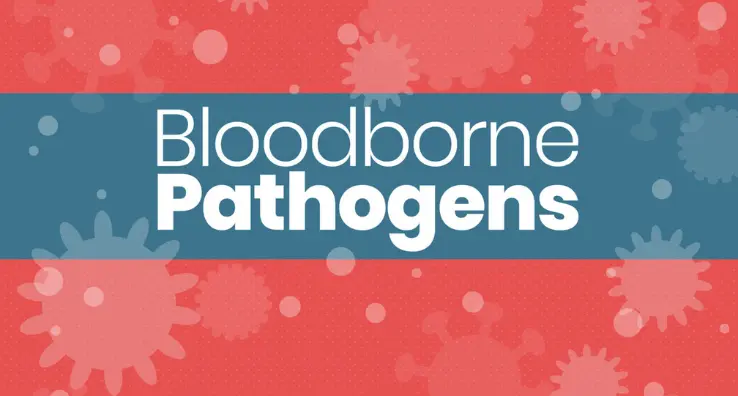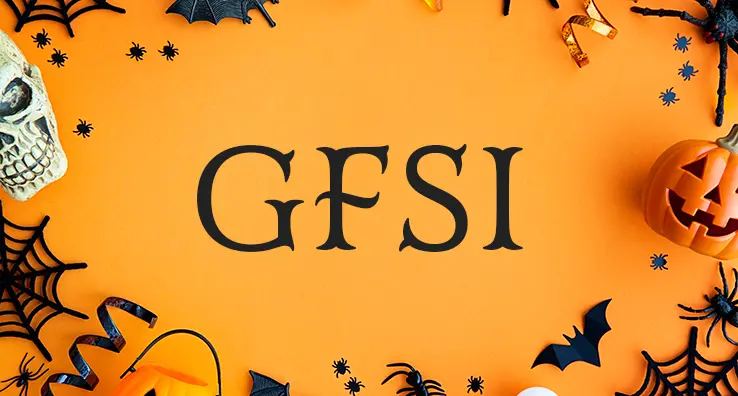Exploring the Value of Quality Management System Training: Q&A with Industry Experts

While food safety is paramount, it alone will not ensure continued sales and overall business success. The new SQF Quality Code, developed by the Safe Quality Food Institute (SQFI) includes system elements defined in the various SQF Food Safety Codes. LeAnn Chuboff, Vice President of Technical Affairs at SQFI and Bill McBride, SQFI Regional Representative, explain the value of educating food safety professionals to ensure consistent quality standards.
Why was it important for SQFI to create a stand-alone Quality Code and what goals do you want to achieve by separating the SQF Food Safety Code?
McBride: In the past, the primary focus has been on food safety. We wanted to separate that and make sure the quality principles and quality tools along with their application in the food industry were understood. Our strategies to accomplish this was to first, separate the quality code from the other aspects of the SQF Code. Secondly, we wanted to develop a training program to educate professionals in the food industry such as practitioners, auditors and certification bodies about how to apply this code. We’ve seen a lot of need for this in the industry and our goal is to move the industry towards understanding and controlling the quality aspects of their products and services, in addition to their food safety programs.
How can food safety professionals learn about the quality management principles and what value does the program add to their food safety systems?
Chuboff: We want to meet the needs of the industry and to also help educate the industry in quality management principles as they apply to the food industry. We’ve developed online training with Alchemy Systems so that we can assist sites in addressing quality components. This isn’t just your typical quality control program. It’s not just process of capability. We want to get sites to think, “How are we understanding what quality drives and how can we implement this into the facility?” I think by taking the online quality course, you really get an understanding as to what we mean by having this quality management program. It elevates the organizational culture and their programs, both food safety and quality, so that it’s meeting all expectations.

How is this program different from the QA programs that are already in place within a site’s food safety program?
McBride: When we started this journey, we discovered that quality means different things to different people and that quality assurance means different things to different organizations. The first thing we had to do in developing both the code and the training was to decide what is SQF’s position on quality management? Historically, SQF has always required, at Level 3, that the HACCP process is used to identify and control quality hazards. That was the starting point, so in addition to that, we wanted to get businesses to understand the whole philosophy of holistic quality management. A lot of businesses in the food industry need to not only understand the principles but more importantly, understand how they are going to apply them within their particular organization. Taking the SQF Quality course would be one way to really get an idea as to how this isn’t just your typical quality program.
What do you have to say to sites who don’t want to be overwhelmed by implementing the SQF Quality Code?
Chuboff: Most sites already have these processes in place. It’s a matter of organizing it and using the data to improve their process capabilities so that it won’t become overwhelming. Again, I go back to training. Learning about the SQF Quality Code will help sites add even more value to their quality program. Even if you’re not going to go for the Quality Code certification right away, it does provide you with ideas and a different way of thinking about how to address quality aspects. We’ve been focused pretty much on food safety, but the buyer expectations instill quality.
Now that SQFI has separated the SQF Quality Code, what does the journey to certification look like for sites under Edition 8?
McBride: A supplier that’s entering the SQF world through Edition 8, firstly needs to establish which food safety code they are. Are they a producer, a manufacturer, a storage organization, a food packaging organization or a retailer? Then they work through the appropriate code. The SQF Food Safety Code is the starting point. The quality audit can be standalone, but if the quality audit is standalone then they’re already certified for food safety. The food safety certification is a pre-requisite to quality certification. For most suppliers, that are already Level 3, they will continue to have a combined audit when they move to Edition 8 next year. They’ll have a food safety and quality audit conducted at the same time.
Stay up-to-date on all the latest food industry rules and regulations by subscribing to The Feed today!





